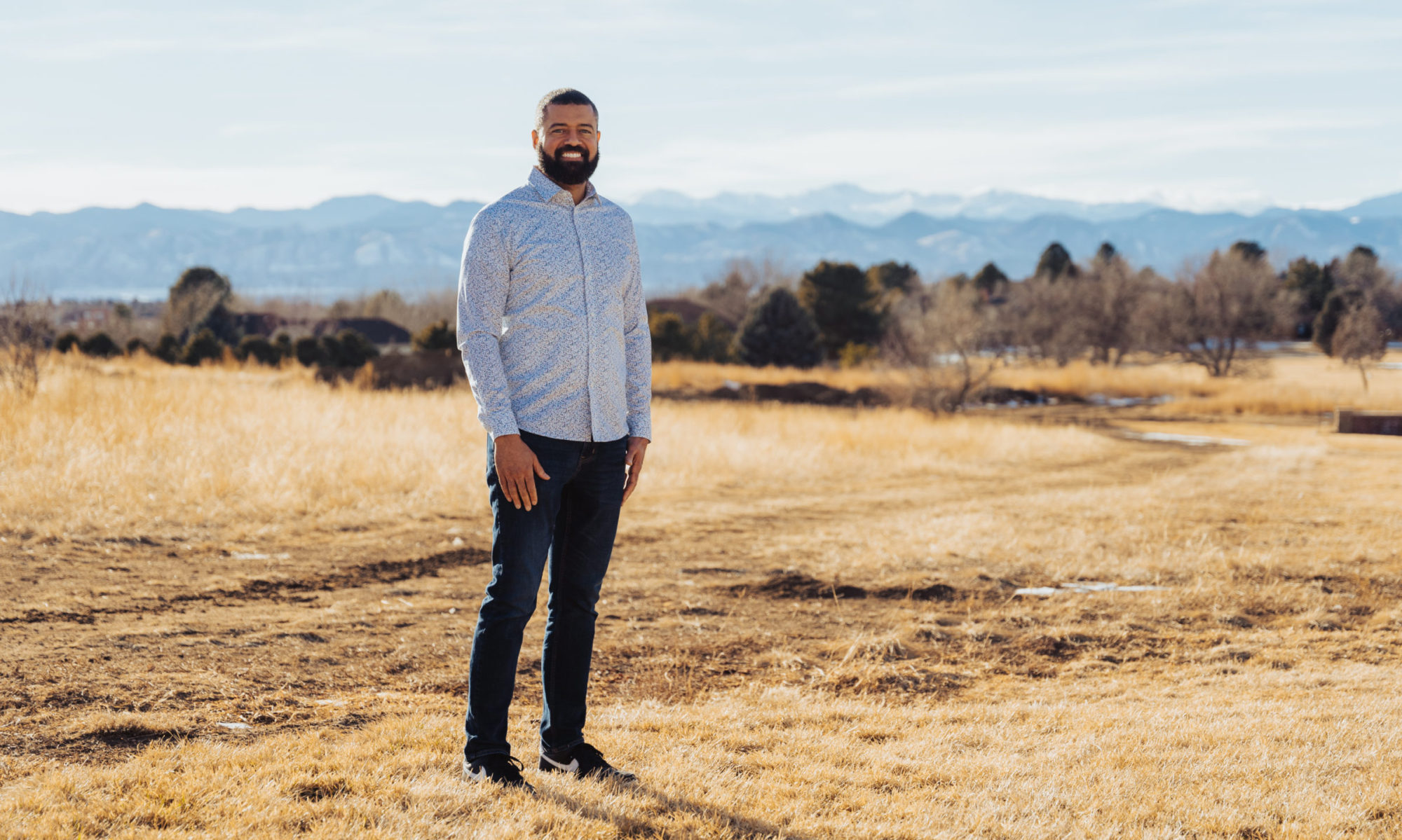
Christ died for the life of the world. For what “life of the world” did he die? Did he only die for the life of the church adherent, for the life of the Sunday school attender and weekend worshipper? Where do we spend most of life? At work, at home, at the church building? If the latter is our life then eating and drinking is irrelevant. If you were to reduce eating and drinking to its bare essential utilitarian nature then it is merely for energy and good health. Eating food keeps me alive but it is not life giving in the way that life is given as gift of enjoyment for the glory of God. The utilitarian view is a drab interpretation of eating and drinking.
The other danger with this view of eating and drinking as secular means that someone ought to feel guilty for enjoying eating and drinking and/or eating and drinking for enjoyment seems shallow. Our joy should be in the worship center (sanctuary) singing praises. This is what we consider heaven to be like. The rest of the stuff that makes up life is simply for “passing through.” It is temporary and the deep stuff is the eternal stuff, the churchy stuff.
But what if eating and drinking was sacramental. What if there is more to eating and drinking? What if eating and drinking could be part of the path to a deeper way of life?
Finding God in the mundane and ordinary is co-opting the phrase “eat, drink, and be merry” and making it a conduit for participating in the transformative grace of God. Life as sacrament also redefines the goal of life. The goal of life is not to reach heaven but to bring heaven down to earth. The goal of life is not a destination but transformation. The goal of life is Jesus. The goal and joy of life is in the becoming of life. In the Orthodox church they describe this as theosis – becoming like God.
James K.A. Smith (non-orthodox) believes that everyone has a liturgy. To not recognize the liturgy of our lives blinds us to the things that we really love. James K.A. Smith says that “we are what we love” in the book he authored with the same title. What we do forms us more than what we say. What we do forms us more than what we think. We are not “brains on a stick” but are creatures made in the image of God.
We are dynamic and when we can bring the transformative grace of God into the ordinariness of life then the liturgy of our lives take on the missional nature of God’s creation. All of creation is working toward the redemption of all things, namely Christ who is the goal of creation.
Liturgy has the power to recreate through practice and ritual. The life of the world is to be lived in communion with God because everything created by God is given to man freely by Creator God.
“All that exists is God’s gift to man”
– Alexander Schmemann
God has filled all the earth with his love. When he created everything with his word and gave life with his breath he said that it was good.
It.
Was.
Good.
And God gave the world to man and our priestly duty as human beings is to subdue the world so that it will flourish under His love and grace.
The world is the Eucharist in the sense that we take and eat and have life in his name communing with God as one in an un-compartmentalized life. There is no secular verses holy, no spiritual verses material. There is only the life of the world, the fullness of life that God gave to his Son and his Son gives fully to us.
All.
Of.
Life.
How can you experience and receive the grace of God in all of life?
Please subscribe, share, and leave a comment below! Thanks for visiting!
Jovan preaches for the Littleton Church of Christ near Denver, Colorado. Visit here to listen to sermons preached at the Littleton Church.
